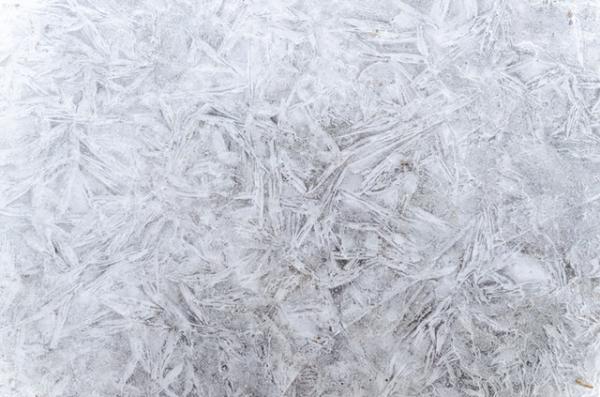Return To Blog
Denver Sprinkler Service: Your Guide to Winter Watering!
January 24, 2018
With the temperatures starting to drop and snowflakes start to fall around us, you might think that it’s time to stop watering completely. But, that’s not the case! Even though leaves start to fall and if it gets cold out, that doesn’t mean you can put away your hose or stop your irrigation system right then and there.
The fact of the matter is that you should continue watering your lawn, maybe not as often, but up until the ground temperature is below freezing. Once the weather starts to cool off, you’ll notice that your lawn will go into dormancy for the winter, meaning that it will stop growing. Your grass will start to change and will eventually stop once the first of the winter comes around. Due to these changes, you’ll need to change your watering frequency - it won’t be anything like it was in the fall, and completely different than what it was in the summer.
If you have an irrigation system, especially once that Water Solutions Company has installed, there’s a good chance you’ve been taking care of your lawn up until this point in time. That being said, one watering cycle a week will keep your grass in good shape. Keep reading to learn about the importance of winter watering from your Denver sprinkler experts!
Whether you’re anticipating a few snowflakes or a snowstorm, keep watering once a week until your ground is frozen. It’s pointless to water after that, because the frozen ground acts as a barrier blocking the water from going down to the roots. With a frozen ground, the roots of your grass are deprived of water, regardless of the amount of snow that’s fallen on top of it. If you know when your big freeze is going to happen, water your lawn the morning before the freeze happens. If the soil is moist, it will insulate your roots better than dry soil. Additionally, your roots are at risk of freezing even more if the soil is dry.
Questions about winter watering? Contact the experts! At Water Solutions Company, we have over two decades of experience working with sprinklers in the Denver area. Give us a call today or contact us for a free estimate for sprinkler installation and other sprinkling and landscaping services in the Denver Metro areas!
The fact of the matter is that you should continue watering your lawn, maybe not as often, but up until the ground temperature is below freezing. Once the weather starts to cool off, you’ll notice that your lawn will go into dormancy for the winter, meaning that it will stop growing. Your grass will start to change and will eventually stop once the first of the winter comes around. Due to these changes, you’ll need to change your watering frequency - it won’t be anything like it was in the fall, and completely different than what it was in the summer.
If you have an irrigation system, especially once that Water Solutions Company has installed, there’s a good chance you’ve been taking care of your lawn up until this point in time. That being said, one watering cycle a week will keep your grass in good shape. Keep reading to learn about the importance of winter watering from your Denver sprinkler experts!
Frequency Of Watering
There really is no magic schedule of when you should water your lawn as soon as temperatures stop to drop. As mentioned before, for winter the frequency of watering should be once a week until the ground starts to freeze. Colder temperatures mean that water will not evaporate as quickly as it would in the summer or fall, so it’s important to remember to not overwater your lawn watering more than once a week! Look to your grass for signs that it need watering. The blades will fold in half and begin to appear a bluish gray color when it’s thirsty. Another way to tell is by taking a walk on your lawn. If you can see your footprints long after you’ve walked in it, your lawn is good to go on moisture.Whether you’re anticipating a few snowflakes or a snowstorm, keep watering once a week until your ground is frozen. It’s pointless to water after that, because the frozen ground acts as a barrier blocking the water from going down to the roots. With a frozen ground, the roots of your grass are deprived of water, regardless of the amount of snow that’s fallen on top of it. If you know when your big freeze is going to happen, water your lawn the morning before the freeze happens. If the soil is moist, it will insulate your roots better than dry soil. Additionally, your roots are at risk of freezing even more if the soil is dry.
Questions about winter watering? Contact the experts! At Water Solutions Company, we have over two decades of experience working with sprinklers in the Denver area. Give us a call today or contact us for a free estimate for sprinkler installation and other sprinkling and landscaping services in the Denver Metro areas!
